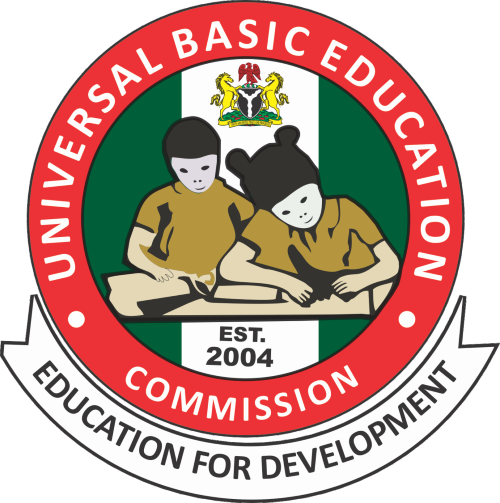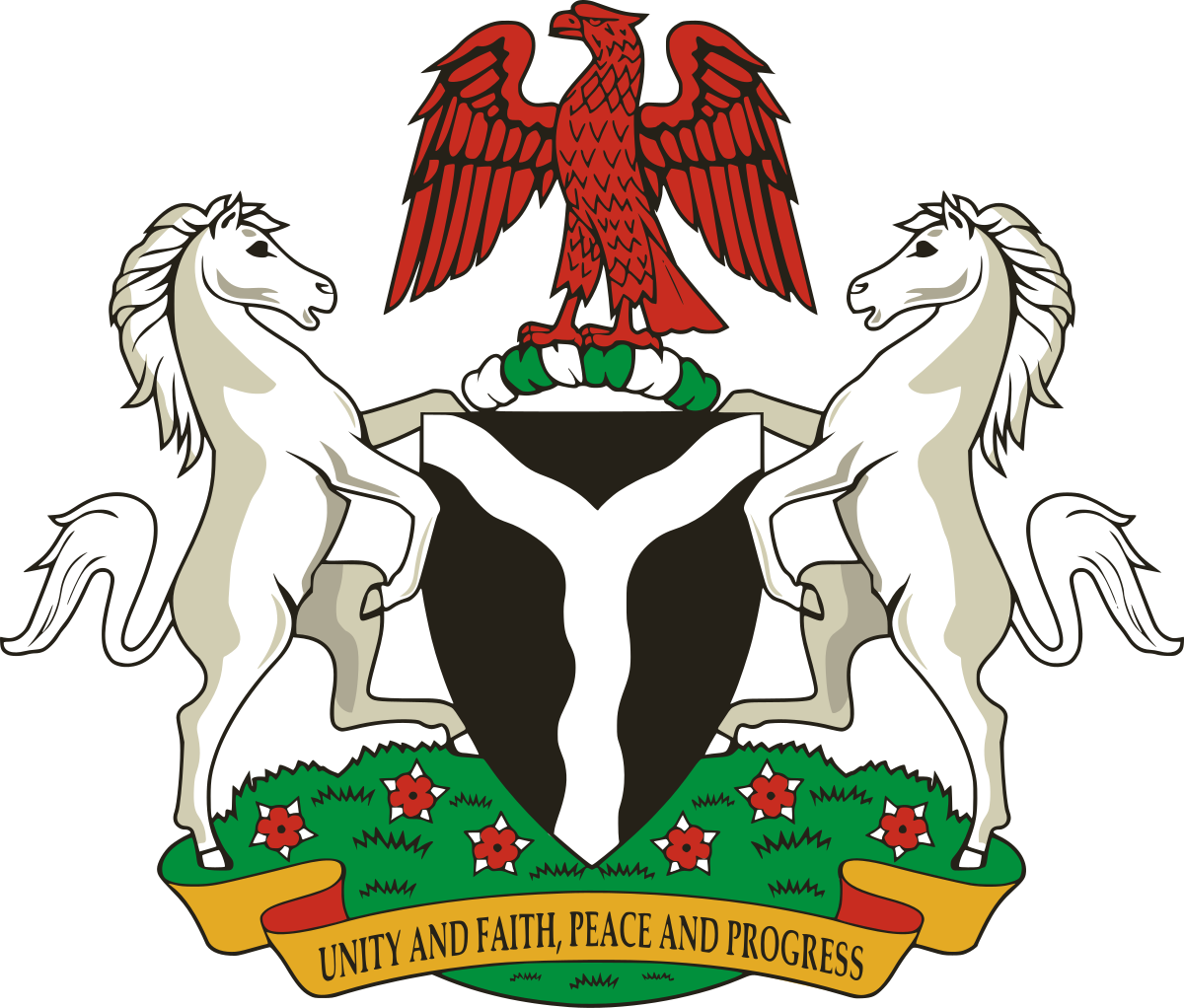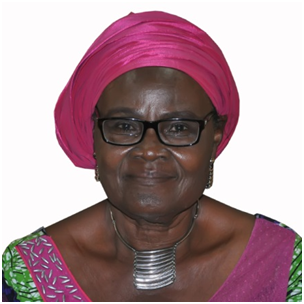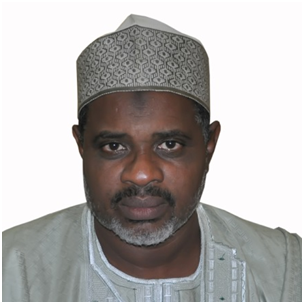The UBE Commission (UBEC) is Federal Governments Agency saddled with the responsibility for coordinating all aspects of UBE programme implementation.
The Universal Basic Education (UBE) Programme was introduced in 1999 by the Federal Government of Nigeria as a reform programme aimed at providing greater access to, and ensuring quality of basic education throughout Nigeria. The UBE Programme objectives include:
Key Issues in the Compulsory, Free Universal Basic Education Act 2004
1. The Federal Government’s intervention shall provide assistance to the States and Local Governments in Nigeria for the purposes of uniform and qualitative basic education throughout Nigeria.
2. Every Government in Nigeria shall provide free, compulsory and universal basic education for every child of primary and junior secondary school age.
3. Every parent shall ensure that his/her child or ward attends and completes (a) primary school education; and (b) junior secondary school education.
4. The stakeholders in education in a Local Government Area shall ensure that every parent or person who has the care and custody of a child performs the duty imposed on him/her under the Universal Basic Education Act, 2004.
5. Transition from Primary to Junior Secondary School (JSS) should be automatic; as basic education terminates at the Junior Secondary School level thus entrance examination may no longer be necessary. Emphasis will be placed on effective continuous assessment, while final examination and certification will now be done at the end of the nine-year basic education programme.
6. The Secondary School system should be restructured so as to ensure that the JSS component is disarticulated from the SSS as stipulated in the National Policy on Education (NPE).






